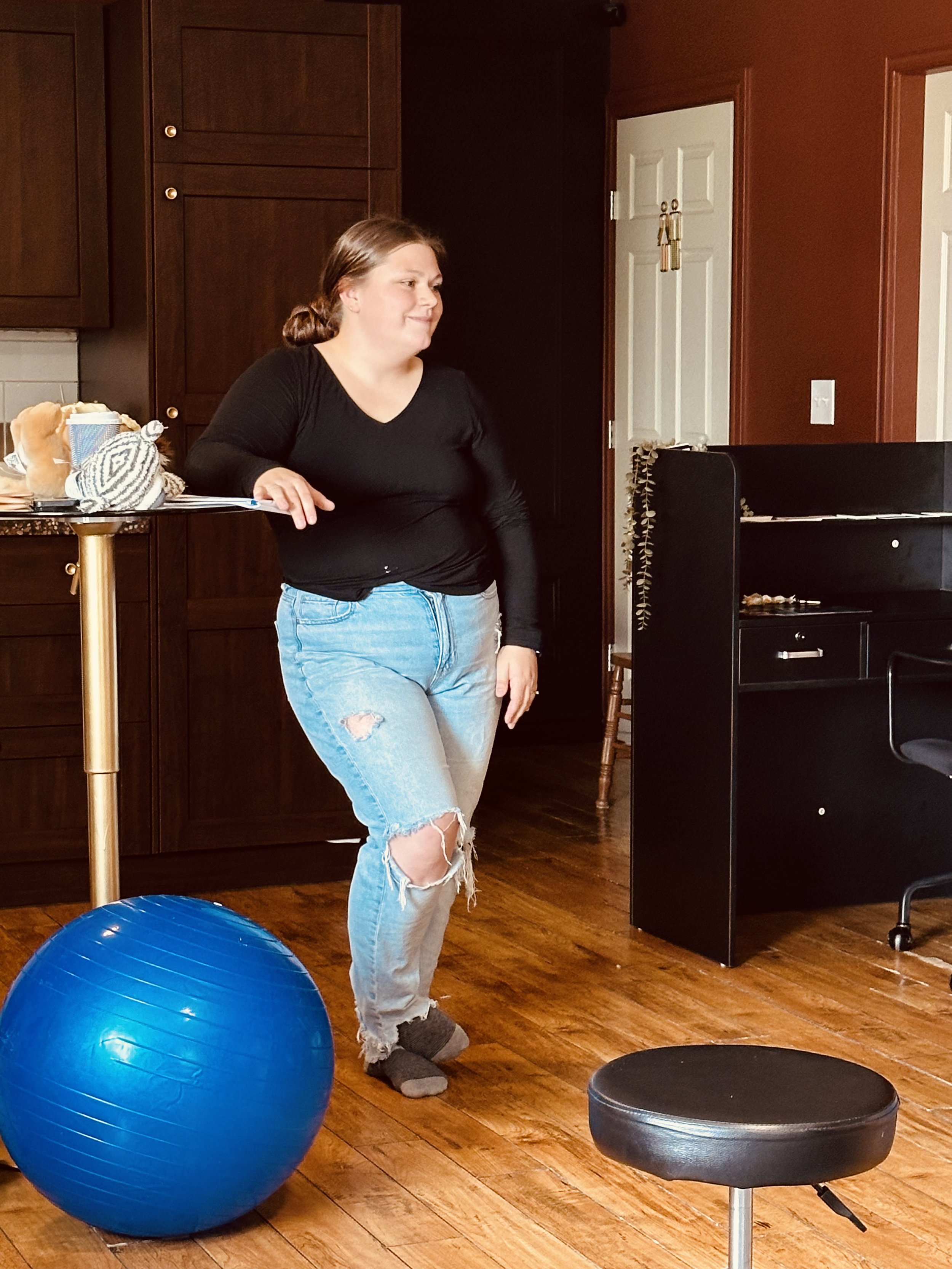Doula Services? What are my options?
Chances are if you are reading this post it’s because you are either considering doula services, wondering what the heck a doula is, or if there’s a way you can afford a doula and get exactly what you want.
I am here to answer all of those questions AND help you to feel as confident about your decision either way!
To start- a doula is a birth support person who is an expert in comfort measures, relaxation techniques and empowerment. They are absolutely not medical professionals and must remain in their scope (meaning far away from the medical side of things). Although a doula does answer questions and bring medical jargon into layman’s terms.
How do doulas and midwives/nurses/OBGYNs:
Midwives are trained professionals with their 4 year degree in midwifery they are professionals in the birth space with low risk pregnancy and birth. They catch babies and help mamas to catch their own babies. Midwives track blood pressure, do cervical exams and can order and read bloodwork- as well as so much more.
Nurses are medically trained hospital staff who monitor the medical side of birth and watch for potential issues. They are not trained to catch babies (except in emergent situations when a midwife/OB is not present). They perform cervical checks, blood pressure checks and other medically necessary tests.
OB’s are surgeons. They are medical doctors who fix issues/monitor risks within low-high risk pregnancies. They catch babies and perform cesareans.
Doulas do NOT do any of those things.
Doulas are typically women who have experienced birth a multitude of times, they trust the natural process of birth and are in it for the long haul - meaning throughout your pregnancy, into postpartum (without shift changes!) They are present throughout your birth experience remaining a continuous support.
While doulas do not perform medical testing and cannot interperet those results they do have A LOT that they bring to a birth space:
knowledge of the physiological process of birth
experience supporting many women through the birth expereicne
knowledge of relaxation techniques for labor
understanding of empowerment and the reality of trauma within birth
ability to get very close to parents to build trust and help with decisions that keep parents feeling empowered
And SO MUCH MORE.
Evidence based birth has an absolutely phenomenal episode of the evidence behind doulas that I wanted to quote here and provide you with the link to read through it yourself…
“The researchers found that overall, continuous support during birth leads to a:
25% decrease in the risk of Cesarean; the largest effect was seen with a doula (39% decrease)*
8% increase in the likelihood of a spontaneous vaginal birth; the largest effect was seen with a doula (15% increase)*
10% decrease in the use of any medications for pain relief; the type of person providing continuous support did not make a difference
Shorter labors by 41 minutes on average; there is no data on if the type of person providing continuous support makes a difference
38% decrease in the baby’s risk of a low five-minute Apgar score; there is no data on if the type of person providing continuous support makes a difference
31% decrease in the risk of being dissatisfied with the birth experience; this risk was reduced with continuous support provided by a doula or someone in their social network (family or friend), but not hospital staff”
So thats what a doula is/ how they can support your birth experience, but how about your options.
Alex with Fearless Birthing providing the double hip squeeze at a water birth at home.
Photo by @tiabiggs
Many doulas (quite possibly most) offer in person doula support. This is when the doula themself is present with you in the hospital/birth center/ at home and supports you with hands on techniques, informational support and so on. These are great options for people who are comfortable with another person in the birth space, want the extra hands on support, and prefers in person support. These options typically cost anywhere from $800-$1800 a package. Fearless Birthing’s in person doula support package is only $1100!
Then there are many doulas who provide prenatal support, which includes prenatal meetings, talking about and teaching partner support and advocacy, teaching coping techniques and relaxation practices and so much more. These can be found in packages or in individual form and range from $50/call to $500 per package! Fearless Birthing offers “birth coaching” starting at $50/call!
Alex from Fearless Birthing teaching the Intro to Fearless Birth 101
Finally some doulas offer virtual doula support- this is a blend of the previous two. With many more calls to cover much of the same content as prenatal support but also includes the on call period and continuous support through labor as the in person doula services… the only difference: its all done virtually. This is for the person who would be uncomfortable with another person in their birth space but wants the knowledge and expertise of a doula at the tip of their fingers. These packages vary greatly in price- depending on the doula offering this service. Fearless Birthing offers 2 virtual packages: a $350 package and a $500 package (which includes the first 2 weeks postpartum as well!)
So how do you know what is right for you? Start with do you want someone extra in your birth space? Would that bring you peace or anxiety? Are you a pretty private person? If you answered that you wouldn’t want another and it would give you anxiety and you are a private person then in person doula support might not be for you!
Before anything else- reach out to doulas that you appreciate their content/philosophy and book a free consultation to see what would best suit you and your growing family! What’s right for one family might not be whats right for you!
Childbirth Education and why I wish I would’ve prioritized it
27 weeks pregnant, I made a delicious dinner, pulled up Bridget Teyler on youtube and begged my husband to sit with me and watch “just a couple” of her videos.
By this point in time I had been diving deep into the birth space, my mind completely consumed by the thought of what the heck I was going to have to go through. And I was terrified. I kept being told that education for both me and my husband were the most important things. But he just never seemed as interested as I was. And I just assumed it was because he felt so seperated from the whole thing- whereas I found it all consuming.
I remember asking him if I could take the Built to Birth Course by this amazing doula I had been watching but he couldn’t understand why I’d need to spend $250 USD on something that my body was supposed to naturally be able to do… In case you can’t tell he’s way more “go with the flow” and I’m super type A.
Fast forward to my labor with my first in 2021, and I felt completely caught off guard by the process of labor. I had read about the stages of labor and listened to a couple meditations. But nothing was helping me “cope” because I truly didn’t prioritize the education.
It completely threw me off and left open space for trauma to enter my birth story.
I am so grateful that my husband stood by me through the whole thing, and asked that we focus much more on education in our pregnancy with our second. And I finally felt seen and heard by my husband. And now I teach, I empower, and I help husbands see the nerves and needs of their pregnant wives. And I do it for much less than $250 USD.
But like… Do I actually need to Prepare for birth?
But Like… Do I Really Need to Prepare for Birth?
I mean technically… no. Your body is designed to grow and birth your baby. Therefore, you do not need anything.
However, could prep make birth go smoother and reduce the risk of disappointment? Yes
So…should you prepare… absolutely.
Labor and Birth is one of the most life-changing (if not THE most life-changing) events in a woman’s life and it can set the stage for how postpartum unfolds. Now although like I said it isn’t technically necessary to do any preparation, preparing for labor can help you feel more confident and empowered going into labor.
Labor is intense and honestly, it’s more intense than I find most people realize- I often have dads turning to me, around the time that Mama is entering active labor, asking me “You mean it gets worse?” And usually, I respond with “Not worse, because she is doing great, but it will get more intense.”
Not being prepared or asking your partner to be prepared can lead to unspoken fears creating tension and pain in the birth space. If you don’t know how to release the tension in your body- because you didn’t prepare or practice- then you may fall into what we call the fear -> tension -> pain cycle.
The biggest way that I prepared for both of my unmedicated births was through preparing my brain to work with my body and to learn how to release ALL the tension in my body.
And this is usually where I get my clients to start:
relaxation practices like mottos, visualization, or affirmations
releasing tension in their body
And of course.
addressing their fears about birth
So if you don’t know where to begin your preparation for birth- there is a handy little list of where you could absolutely start!
You got this!
xoxo Alex




